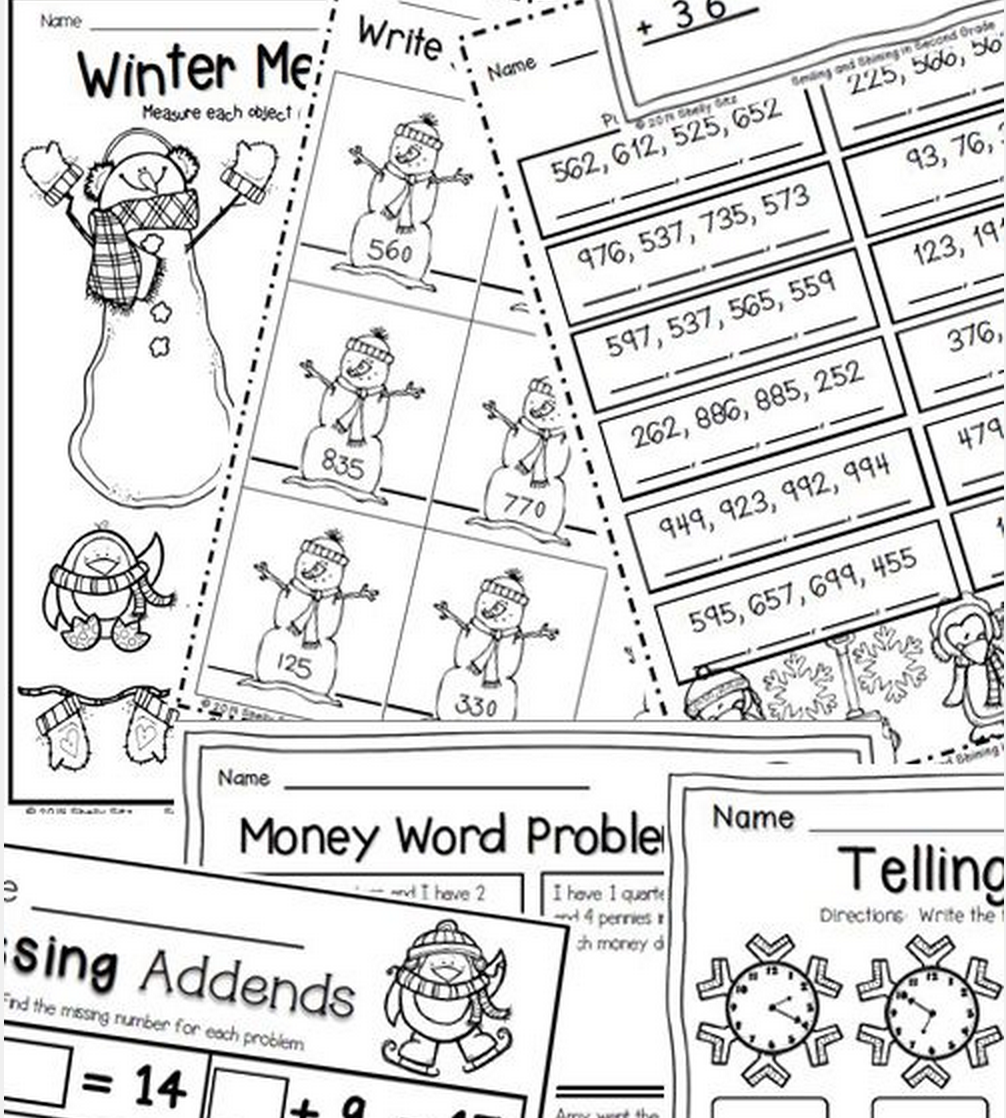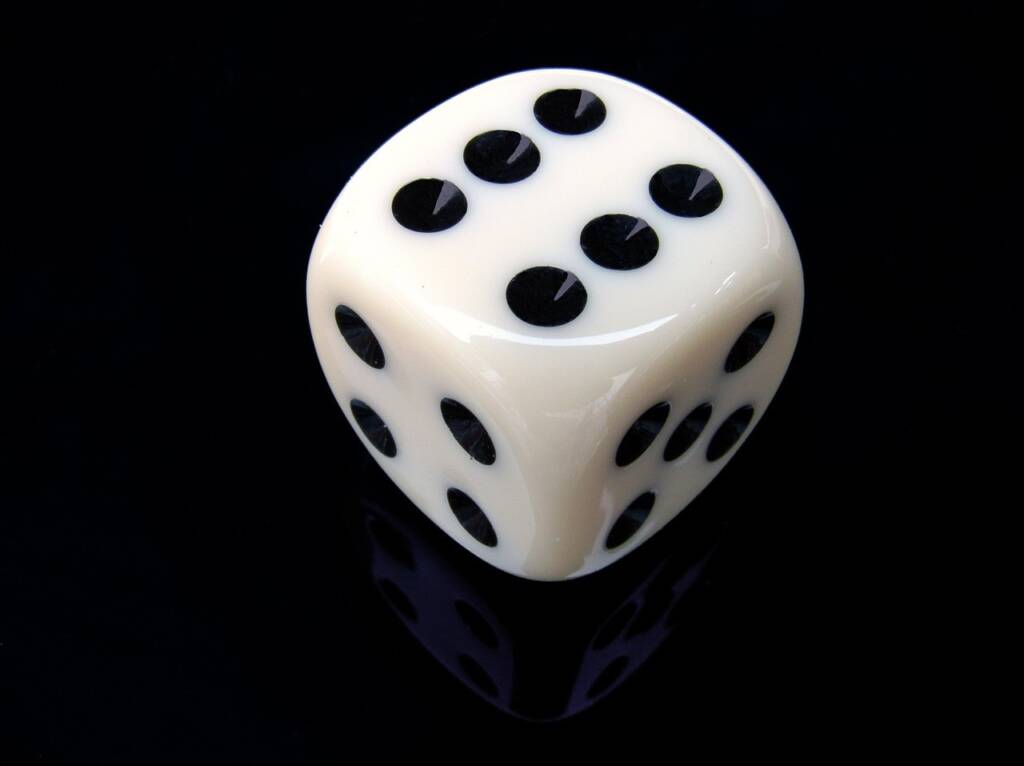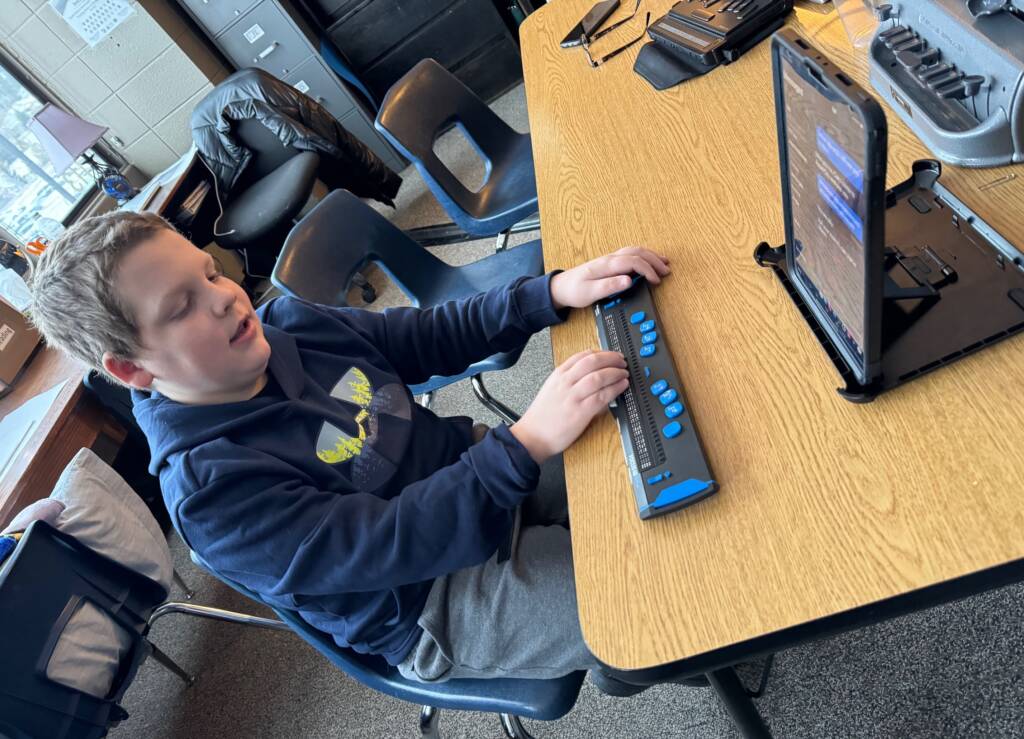- Relate addition and subtraction to length.
- Use addition and subtraction within 100 to solve word problems involving lengths that are given in the same units, e.g., by using drawings (such as drawings of rulers) and equations with a symbol for the unknown number to represent the problem.
- Represent whole numbers as lengths from 0 on a number line diagram with equally spaced points corresponding to the numbers 0, 1, 2, …, and represent whole-number sums and differences within 100 on a number line diagram.
Other foundational skills:
- Number sense
- Math fluency
- Ability to locate important information within the conceptual models and cover up visual clutter
- SMART Board
- Conceptual models can be manipulated on the SMART Board.
Functional Skills from the Expanded Core Curriculum (ECC) can be incorporated:
- Assistive technology: Learn to use her touch screen and iPad as needed.
- Independent Living: Use real life word problems or money to represent 1s and 10s.

- Students with low vision or CVI (Cortical Visual Impairment) may have difficulty shifting gaze between two pictures to discriminate differences. Once the student is able to locate the difference (either with prompting or independently) he or she may lose sight of the difference and have difficulty circling the difference. Therefore when presenting materials during instruction, minimize the visual clutter. To prevent visual clutter, images and words can be covered with overlays or a sheet of paper.
- Worksheets can be enlarged, depending on the specific needs of the child
- An iPad can be used to view information that is presented on the SMART board. The use of the iPad allows many students with visual impairments to view the information as a “whole”, especially if they have limited visual fields.
Domain Math:
Operations & Algebraic Thinking
Math Standard:
2.OA.A.1 – Represent and solve problems involving addition and subtraction. – Use addition and subtraction within 100 to solve one- and two-step word problems involving situations of adding to, taking from, putting together, taking apart, and comparing.




